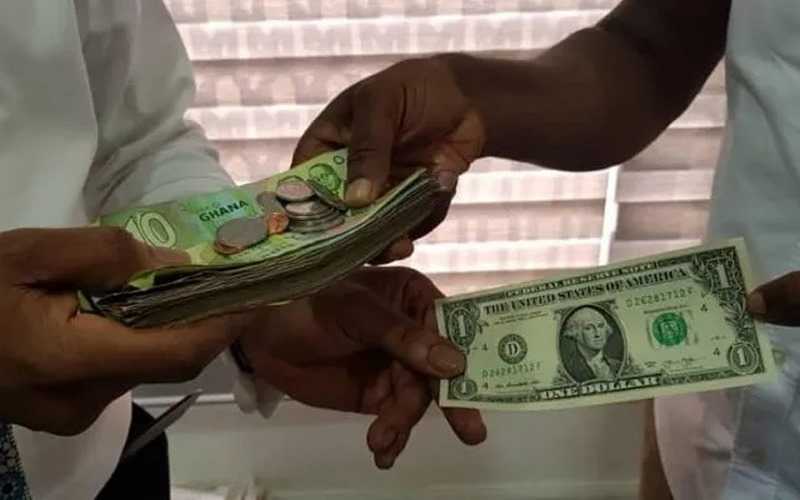The recent strengthening of the Ghanaian cedi against the US dollar has been attributed to ongoing global economic tensions, particularly a tariff war led by the United States, according to economist Dr. Thomas Appiah.
Dr. Appiah, a senior lecturer at Ghana Communication Technology University (GCTU), says the US dollar is weakening due to escalating trade barriers, contributing to the cedi’s recent gains. On May 5, 2025, the Bank of Ghana reported the dollar trading at GH₵13.89—down 2.46% from the end of April.
“Our gross international reserve is about $9 billion, and that could be used to shore up the cedi. Again, the US dollar is devaluing on the international market… certainly resulting from some unfavorable policies Donald Trump is effecting. The tariff war is affecting the dollar. So, while the US dollar continues to fall, our cedi is regaining its value,” he stated.
Dr. Appiah noted that investor optimism is also driving the cedi’s stability, supported by the government’s fiscal discipline and renewed economic strategies under the current administration.
“…then again, the policies implemented by the government are boosting investor confidence in the Ghanaian economy. This is very typical when there is a new political administration in place,” he said in an interview with Connect FM in Takoradi.
“We are hoping this trend continues, as it would benefit us all,” he added.
Fuel Prices Reflect Cedi Gains
He pointed out that the drop in fuel prices is a clear indicator of the cedi’s improved standing. While acknowledging the global decline in petroleum prices, Dr. Appiah linked the local decline at fuel stations to the currency’s recovery.
“I am hoping it will come down further in the coming months,” he noted.
Goods Prices Remain Static—for Now
Despite the stronger cedi, market prices for general goods have not yet adjusted. Dr. Appiah explained that such changes take time to reflect in the retail economy due to the complexity of factors influencing pricing.
“It will take some time…sometimes about 3 months for you to feel it in your pockets. Fuel prices are dropping, and so Ghanaians are expecting a drop in transport fares. Transport fares have a rippling effect on prices of general goods, so as soon as that happens, the impact will be felt by all. It is a matter of time. Ghanaians should give the government some time with this,” he urged.
Meanwhile, the Ghana Private Road and Transport Union (GPRTU) remains reluctant to reduce fares, citing the high cost of spare parts as a major concern. They argue that despite falling fuel prices, other operational expenses remain prohibitive, making a fare reduction premature.
As global economic shifts continue and domestic policies take root, Ghanaians are cautiously optimistic that the currency’s rebound will eventually translate into tangible relief at markets and fuel pumps alike.


